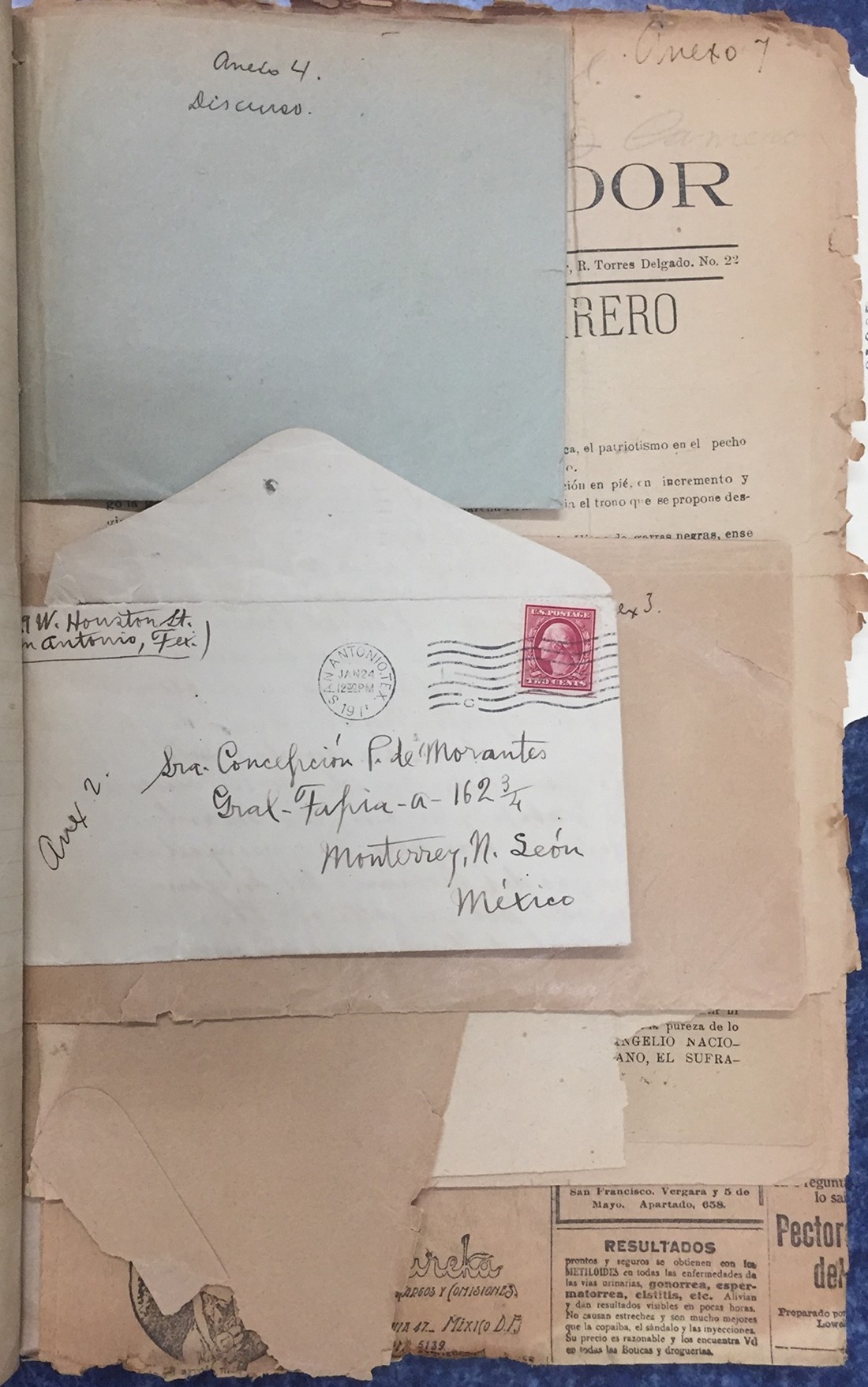
Dr. Sonia Hernández has been selected to receive the 2024 Bolton-Cutter Award from the Western History Association. The Bolton-Cutter Award recognizes the best journal article on any phase of the history of the Borderlands, from the Floridas to the Californias, from the sixteenth century to the present.
The award honors her recent Journal of American History article, “Gendering Transnational Histories of State Violence: Intertwined Histories of Intrigue and Injustice along the U.S.-Mexican Borderlands, 1900-1913”. The award selection committee especially praised the article for its originality, scope, and contribution to the field of Borderlands history.
In reflecting on the article, Dr. Hernández emphasized the importance of newly accessible archives that captured the experiences of working-class Mexican-origin women and how they employed ideas about womanhood and motherhood in their lives.
“During my research trips to Mexico,” she shared, “I learned of an old archival center in Monterrey that had just opened its doors to researchers. This center housed rich judicial records concerning criminal and civil cases. I intended to examine records related to violations by Mexican Rurales, the elite rural police but discovered much more (besides developing an allergic conjunctivitis in one eye (despite using gloves, goggles, and wearing the center’s required white lab coat! Some of those boxes had not been opened since the 1920s). The discovery made developing this new allergy all worth it: I came across a large file containing a similar case of state violence as the case I was examining from the Texas side of the border, involving Leonor Díaz, a San Antonio native whose husband in 1901 dodged a lynching from within the walls of the Gonzalez County jail.”
Upon this discovery, Dr. Hernández decided to use both cases. “The arrests of these two women, Leonor Díaz and Asención Paz,” she explained, “took place during a period of profound transition along the U.S.-Mexico border. As Mexico created a strong state consolidating its northern periphery via foreign investment and industrialization, the United States embarked on a similar quest to reform its citizenry, aiming to transform the country into an efficient, modern, and disciplined polity. Both the Mexican and U.S. visions of progress and development at the turn of the twentieth century had at their root a reforming mission inspired by Social Darwinists, eugenicists, and elite Mexican científicos. Mexican-origin people were often targets of such commitments to order and progress, yet little has been written about Mexican women’s experiences in navigating such change from a transnational perspective.”
Dr. Hernández will be feted at the WHA awards ceremony at the annual meeting in Kansas City in late October, where she will also receive a certificate and monetary award in recognition of her achievement.
To Dr. Hernández, the award holds special meaning as an honor named after two giants in the field of Borderlands History, Herbert E. Bolton (1870-1953), a student of Frederick Jackson Turner, and Donald C. Cutter (1922-2014). At the same time, she shared, the award “also signals how far we have come along in our discipline, especially publishing work that centers and prioritizes women’s contributions.”
